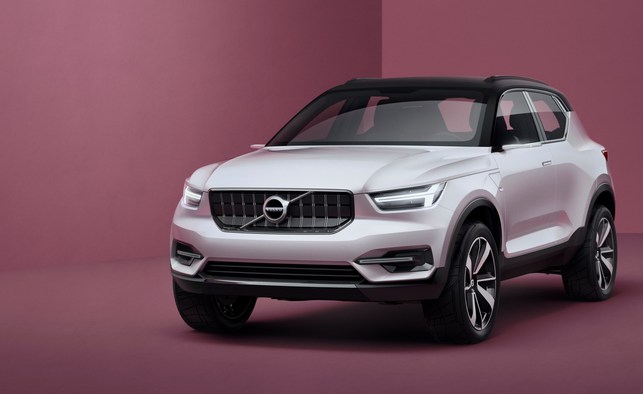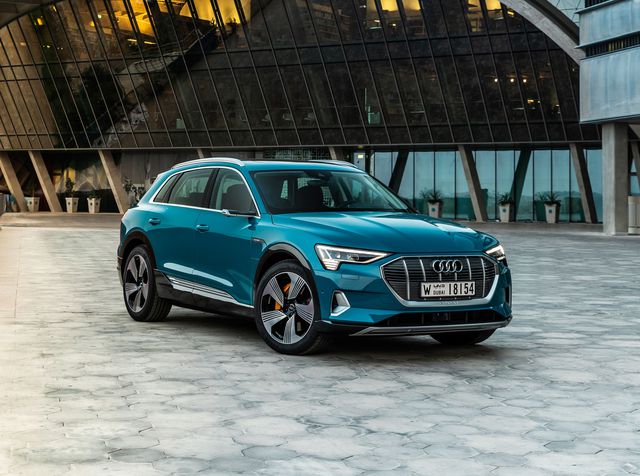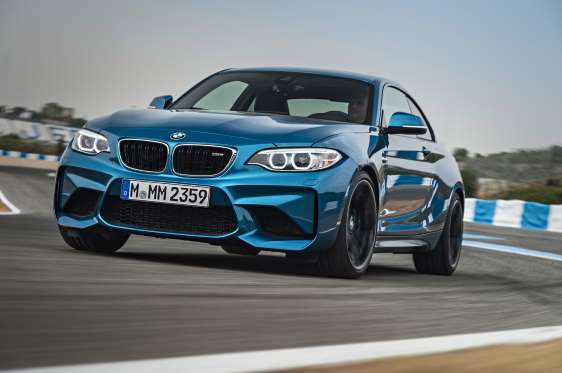Now Reading: BMW and Volvo to trial new LME steel contracts
-
01
BMW and Volvo to trial new LME steel contracts
BMW and Volvo to trial new LME steel contracts

European automakers BMW and Volvo prepare to experiment with steel contracts to be introduced by the London Metal Exchange early 2019, a move which could ultimately modify the way the industry hedges and prices contracts, industry sources stated.
The LME is introducing three hot rolled coil (HRC) steel futures expanding in Europe, North America and China early next year, and industry sources informed Reuters automakers including Volvo and BMW were interested in using them.
Hot rolled coil (HRC) is a flat steel used to build cars and white goods and generally bought by consumers on annual fixed price contracts. The LME’s cash-settled contract is going to be settled against an industry benchmark.
“During the first six months, merchants and traders will put volumes in to get liquidity going,” a broking source stated. “If that works, manufacturing companies including BMW and Volvo will ask suppliers to make offers on the basis of LME prices for new, small contracts, see how it works.”
One source stated BMW already uses iron ore derivatives as a proxy for hedging some of its steel expenses, so could move with relative ease to trading the new LME contracts.
BMW stated it is presently pursuing a “hedging strategy” and aims to “increase planning reliability for the company”.
Volvo stated it continuously review their “raw material strategies however no decisions have been taken on hedging”.
Automakers, along with construction firms, banks, brokers, merchants and steel service centers, have conventionally been open to steel futures, while steelmakers have mainly been opposed, concerned about potential loss of pricing power.
Stay Informed With the Latest & Most Important News
Previous Post
Next Post
-
 01Polestar Boss Says It’s Time To Outrun BMW M And Mercedes-AMG
01Polestar Boss Says It’s Time To Outrun BMW M And Mercedes-AMG -
 02Spy Shots: 2027 Mitsubishi Pajero Spotted in Testing Ahead of Possible U.S. Return
02Spy Shots: 2027 Mitsubishi Pajero Spotted in Testing Ahead of Possible U.S. Return -
 032026 Toyota Hilux EV: A Powerful Truck with Silent Torque
032026 Toyota Hilux EV: A Powerful Truck with Silent Torque -
 04Spy Photos: VW ID. Polo GTI Goes Electric with 223 HP and 280 Miles of Range
04Spy Photos: VW ID. Polo GTI Goes Electric with 223 HP and 280 Miles of Range -
![2027 Mercedes-Benz S-Class Debuts with V8 Engine [Photo Gallery]](https://speedlux.com/wp-content/uploads/2026/01/2027-Mercedes-Benz-S-Class-33-155x125.jpg) 052027 Mercedes-Benz S-Class Debuts with V8 Engine [Photo Gallery]
052027 Mercedes-Benz S-Class Debuts with V8 Engine [Photo Gallery] -
 06The Controversial Ford Voodoo V8 That Was Killed Off Too Early
06The Controversial Ford Voodoo V8 That Was Killed Off Too Early -
 07Hyundai Palisade’s Breakout Year Shows How Quickly the Market Can Turn
07Hyundai Palisade’s Breakout Year Shows How Quickly the Market Can Turn


![2027 Mercedes-Benz S-Class Debuts with V8 Engine [Photo Gallery]](https://speedlux.com/wp-content/uploads/2026/01/2027-Mercedes-Benz-S-Class-33-700x394.jpg)











































